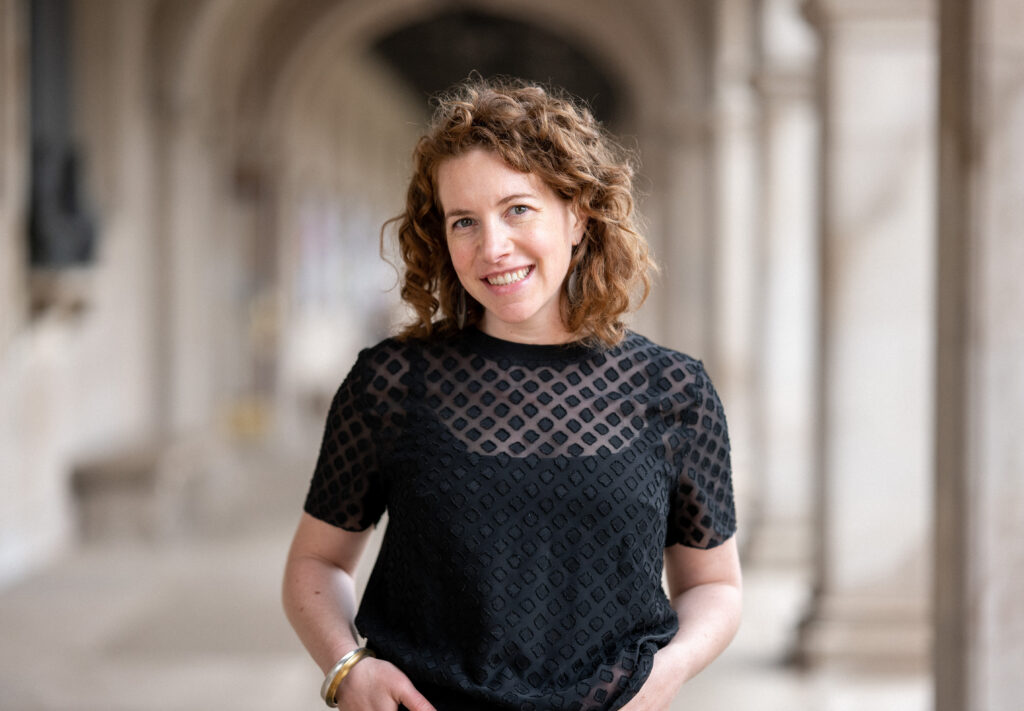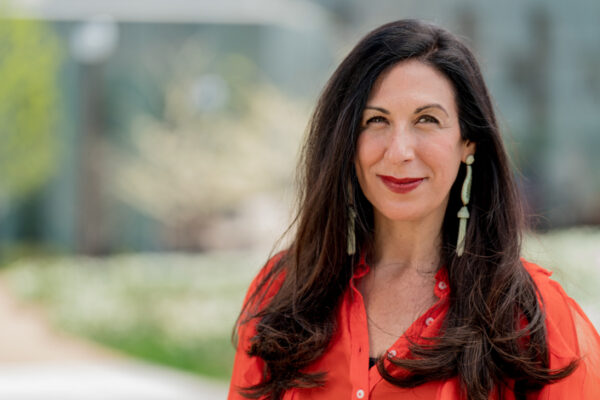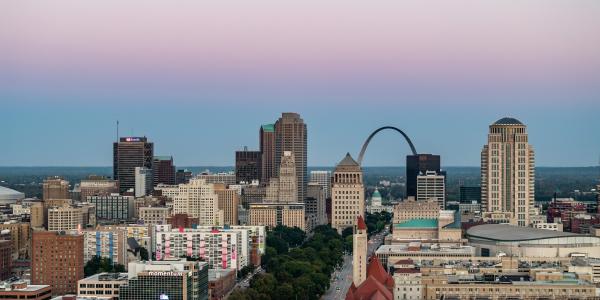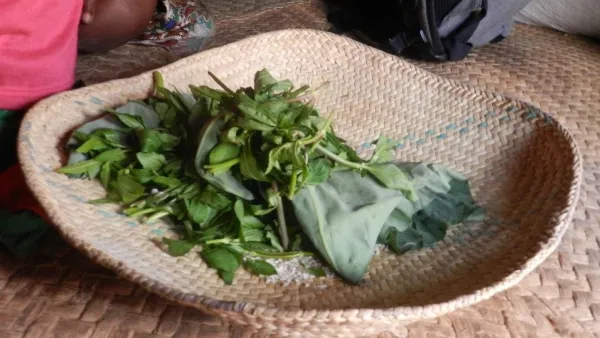St. Louis has a long history of welcoming refugees from across the globe. For people escaping war or political turmoil, the region can be a place of safety and opportunity. While migrants often encounter obstacles as they try to remake their lives, they also manage to hold on to personal goals, ambitions, and measures of success in their new homes, said Margot Moinester, assistant professor of sociology.

Moinester helped conduct a unique study gathering interviews from 36 refugees from the Democratic Republic of the Congo and Iraq who settled in St. Louis and Denver. Some had lived in the U.S. for decades, while others left their home countries just months earlier. The respondents were asked to assess their accomplishments and share their definitions of success.
Regardless of their home country or destination, the surveyed refugees had complex ideas about how far they had come and what they hoped to achieve. “For them, there’s more to success than finding a job and earning an income,” Moinester said.
“The refugees we spoke with prioritized social connectedness,” said study co-author and co-principal investigator Lindsay Stark, associate dean for global strategy and programs at the Brown School and co-director of Arts & Sciences’ new Program in Public Health & Society. “Importantly, in addition to staying connected to their families and communities back home, resettled refugees felt a strong sense of desire and responsibility to contribute to their new communities in St. Louis and Denver.”
Ilana Seff, a research assistant professor at the Brown School, was the third principal investigator of the study. Additional co-authors included Najat Qushua, a research data analyst at the Brown School, and Cyril Bennouna, a researcher at the University of Denver.
Moinester, Stark, and colleagues designed the study to compare the refugee-held concepts of success with the goals of traditional resettlement policies at the state and national levels. St. Louis and Denver were selected as two cities offering somewhat different experiences as resettlement contexts. According to an index from the New American Economy, an immigration advocacy group, St. Louis is more affordable and offers more economic opportunities for immigrants, while Denver ranks higher on government and community support.

New arrivals focused more on attainable, short-term goals and were especially likely to measure success in terms of income and steady employment. For some, meaningful work is still a dream in progress. A 21-year-old Congolese woman in St. Louis reported she cleans rooms at a hospital while taking English courses at a community college, but she hopes to eventually become a doctor. People who had been in the U.S. for longer often prioritized giving back to their current community and their families back home.
Respondents also expressed gratitude that they could safely resettle in a country that represented so much potential and opportunity. “Few people from these countries actually have a chance to resettle in a country like the United States,” Moinester said. “Being able to get a visa to come to the U.S. is quite a feat, but they’re all continuing to strive for more.”
At a time when refugees have become targets of political discourse, it’s important to hear directly from immigrants, Moinester said. Government agencies can try to help refugees access basic needs such as housing and employment, but such efforts might not always align with what they want or need. “Helping refugees become as successful as possible has social and economic benefits for the entire community,” she said.
Stark said the study addresses the kinds of issues that will be at the heart of the Program in Public Health & Society, the newest interdisciplinary undergraduate course of study in Arts & Sciences. “The program will emphasize the social determinants of health and well-being,” she said. “This study reflects that core concept.”
Header photo by Whitney Curtis.




